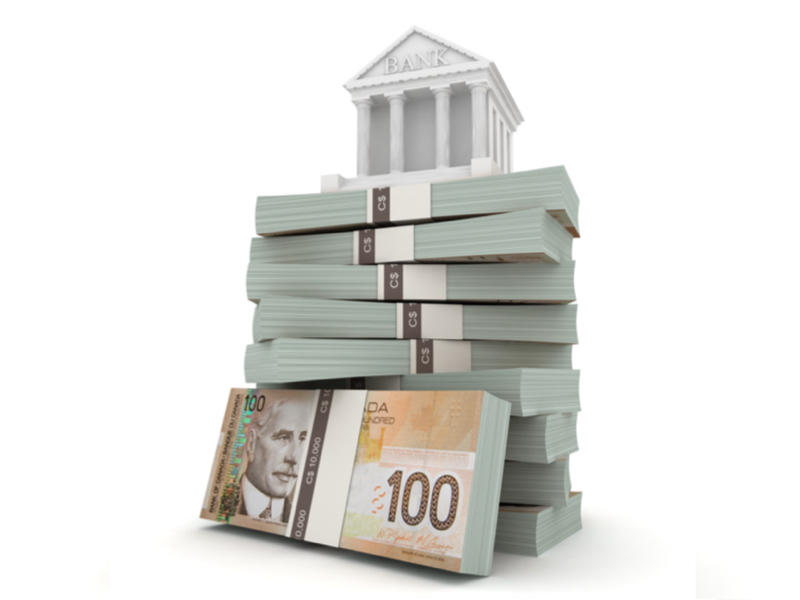
Bank of Canada Governor Tiff Macklem warned premiers who publicly asked the central bank to not raise interest rates last month that their requests could undermine the institution’s independence.
The premiers of Ontario, British Columbia and Newfoundland and Labrador wrote to Macklem ahead of the Bank of Canada’s Sept. 6 rate decision, outlining concerns about the effects of higher rates on their residents and asking the central bank not to raise its key rate further.
In a Sept. 13 letter, Macklem warned that instructions or requests from elected officials could give the impression that the Bank of Canada’s independence is at risk.
The response was dated one week after the central bank governing council opted to hold its rate steady. Though Macklem acknowledged that higher interest rates are making life challenging for Canadians, he also noted that inflation, which higher interest rates are intended to combat, hurts the most vulnerable people in society.
The central bank operates independently from the federal government.
“While I am very pleased to get your perspectives on the impact of our policy decisions, instructions or requests from elected officials about how we should set interest rates could create the impression that the Bank of Canada’s operational independence is at risk. I am sure you agree that this would be unfortunate,” Macklem wrote in his responses to each of the premiers.
“Operational independence is critical to the legitimacy of the central bank, and to the effectiveness of monetary policy as a means to achieve price stability.”
Macklem’s caution, however, appears to have been sidestepped by Ontario Premier Doug Ford who has once again sent a letter urging the central bank to not raise interest rates as it prepares for a rate announcement on Wednesday.
Ford published the letter dated Oct. 22 on X, the platform previously known as Twitter, on Sunday.
The Bank of Canada is widely expected to hold its key interest rate steady this week as the economy weakens and inflation eases. The latest monthly inflation data, released last week, showed price growth had slowed to 3.8% in September. That was better than many economists predicted.
The exchange between Macklem and the premiers is the latest example of the heightened political scrutiny the Bank of Canada has faced for its policy decisions post-pandemic, when the country faced its highest levels of inflation in 40 years.
Last year, Conservative Leader Pierre Poilievre vowed to fire Macklem as he blamed the central bank for the run-up in inflation.
Meanwhile, the NDP has spoken out against the interest rate increases and recently suggested that the federal government could ask the Bank of Canada to stop raising interest rates.
Finance Minister Chrystia Freeland also faced criticism last month for saying the Bank of Canada’s decision to hold its key rate steady was “welcome relief for Canadians.”
During a news conference earlier this month, Macklem said the turmoil over rising interest rates in the political and public spheres are symptoms of high inflation.
“I think, sadly, what you’re seeing is exactly what inflation does. Inflation erodes confidence in institutions, it erodes confidence in governments. It makes people feel like they’re getting ripped off. We are seeing more strikes in this country, you’re seeing more strikes in other countries. These are symptoms of inflation,” Macklem said.
Restoring price stability is the best way to address these issues, the governor said at the time, though he acknowledged getting there won’t be easy and will come with financial pain for families.